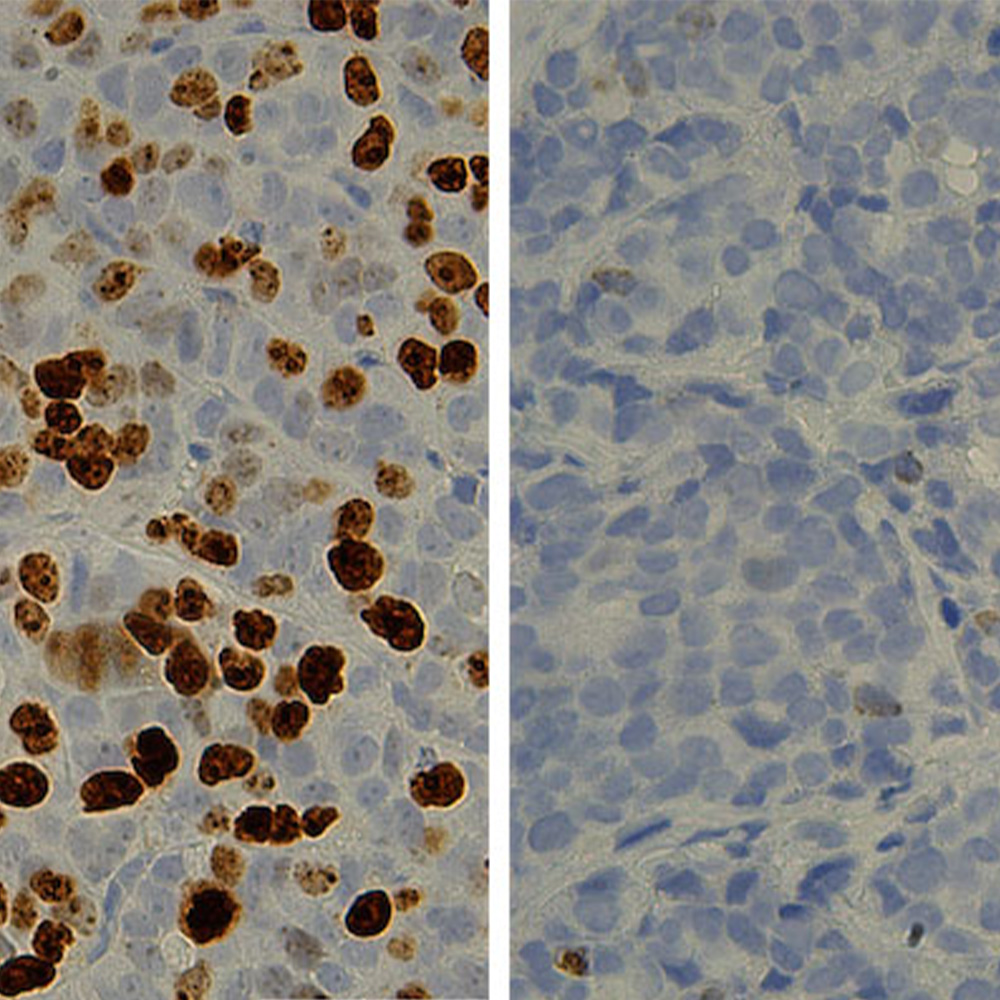Finding a metabolic function for marks on the proteins that package our DNA

DALLAS – April 2017 – UT Southwestern Medical Center researchers have determined that cellular modifications of histones, a class of proteins that package our DNA, serve an unexpected metabolic function.
Our DNA is wrapped around histones as a means of compaction and to keep genes silent. Modification of the histones with small chemical marks – a process called chromatin methylation – helps genes turn on or off.
“Mutations or translocations in the protein complexes that place these ‘marks’ on histones are linked to a variety of diseases including cancers, so the realization of this metabolic function for chromatin methylation may provide key insights into their etiology,” said Dr. Benjamin Tu, Associate Professor of Biochemistry at UT Southwestern and senior author of a recent study in Molecular Cell.
Scientists in biochemistry have long thought that histone methylation is important for the regulation of genetic transcription and the turning on and off of genes. However, the role of some methylation sites has been controversial, and their correlation to transcription can be unclear, Dr. Tu added. In transcription, the DNA sequence of a gene is transcribed – or copied out – to make an RNA molecule.
“In this study, we show that some methylation marks have a metabolic purpose – that is to facilitate the conversion of the naturally occurring intracellular metabolite S-adenosylmethionine (SAM) into the derivative S-adenosylhomocysteine (SAH). This metabolic process comprises a key pathway by which cells make the amino acid cysteine from another amino acid, methionine,” said Dr. Tu, a W.W. Caruth, Jr. Scholar in Biomedical Research. “Without the histones to absorb the methyl groups of SAM, cells can become starved for cysteine and become sensitive to oxidative stress.”
Therefore, the study suggests histone methylation might be just as important for fueling aspects of cellular metabolism as for gene regulation. These findings also may be relevant to a cancer-causing mutation (H3K36M) found in nearly all chondroblastomas – rare, benign bone tumors that can recur and metastasize.




